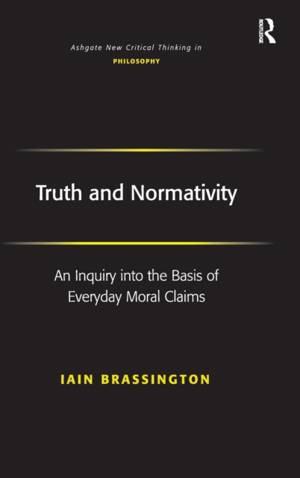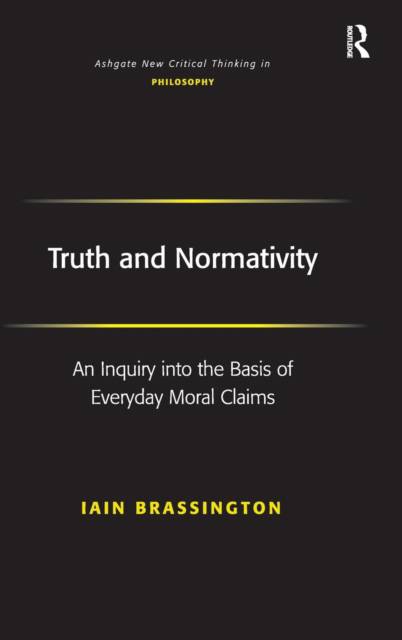
Bedankt voor het vertrouwen het afgelopen jaar! Om jou te bedanken bieden we GRATIS verzending (in België) aan op alles gedurende de hele maand januari.
- Afhalen na 1 uur in een winkel met voorraad
- In januari gratis thuislevering in België
- Ruim aanbod met 7 miljoen producten
Bedankt voor het vertrouwen het afgelopen jaar! Om jou te bedanken bieden we GRATIS verzending (in België) aan op alles gedurende de hele maand januari.
- Afhalen na 1 uur in een winkel met voorraad
- In januari gratis thuislevering in België
- Ruim aanbod met 7 miljoen producten
Zoeken
€ 290,45
+ 580 punten
Uitvoering
Omschrijving
Beginning by posing the question of what it is that marks the difference between something like terrorism and something like civil society, Brassington argues that commonsense moral arguments against terrorism or political violence tend to imply that the modern democratic polis might also be morally unjustifiable. At the same time, the commonsense arguments in favour of something like a modern democratic polis could be co-opted by the politically violent as exculpatory. In exploring this prima facie problem and in the course of trying to substantiate the commonsense distinction, Brassington identifies a tension between the primary values of truth and normativity in the standard accounts of moral theory which he ultimately resolves by adopting lines of thought suggested by Martin Heidegger and concluding that the problem with mainstream moral philosophy is that, in a sense, it tries too hard.
Specificaties
Betrokkenen
- Auteur(s):
- Uitgeverij:
Inhoud
- Aantal bladzijden:
- 194
- Taal:
- Engels
- Reeks:
Eigenschappen
- Productcode (EAN):
- 9780754658740
- Verschijningsdatum:
- 28/03/2007
- Uitvoering:
- Hardcover
- Formaat:
- Genaaid
- Afmetingen:
- 156 mm x 234 mm
- Gewicht:
- 453 g

Alleen bij Standaard Boekhandel
+ 580 punten op je klantenkaart van Standaard Boekhandel
Beoordelingen
We publiceren alleen reviews die voldoen aan de voorwaarden voor reviews. Bekijk onze voorwaarden voor reviews.









